
According to Viktor Orbán, EU institutions have been unwilling to side with the member states of the Union, and instead, have followed US interests with regard to the issue of Ukrainian grain.

Around 70 works from over 20 public collections of the great French painter Pierre-Auguste Renoir will be on display at the Museum of Fine Arts from 22 September 2023 until 7 January 2024.
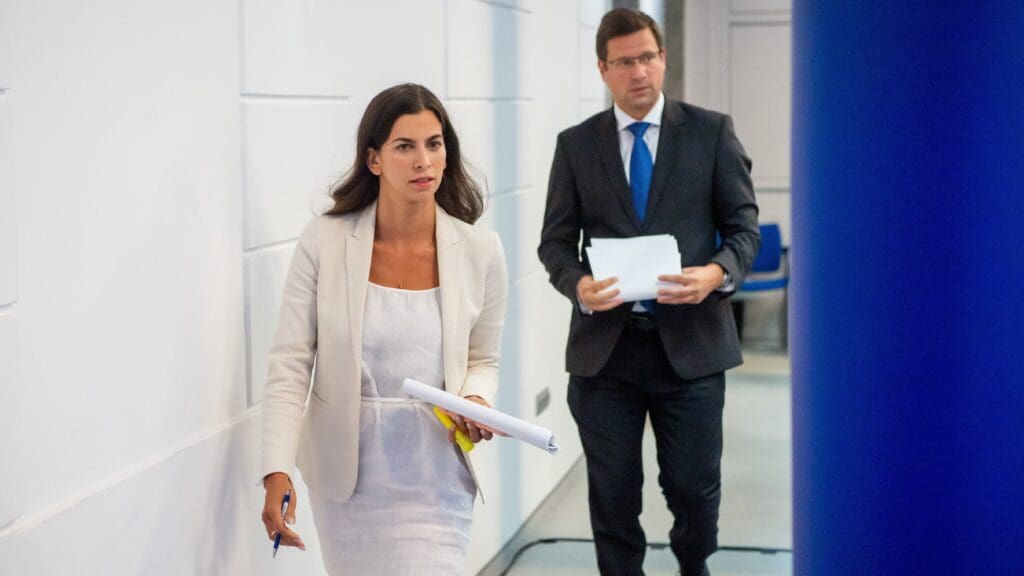
At an extraordinary government press briefing on Wednesday, chief of the PM’s Office Gergely Gulyás said the government may impose a ban on Ukrainian grain imports after 15 September within its own competence if the EC fails to act.
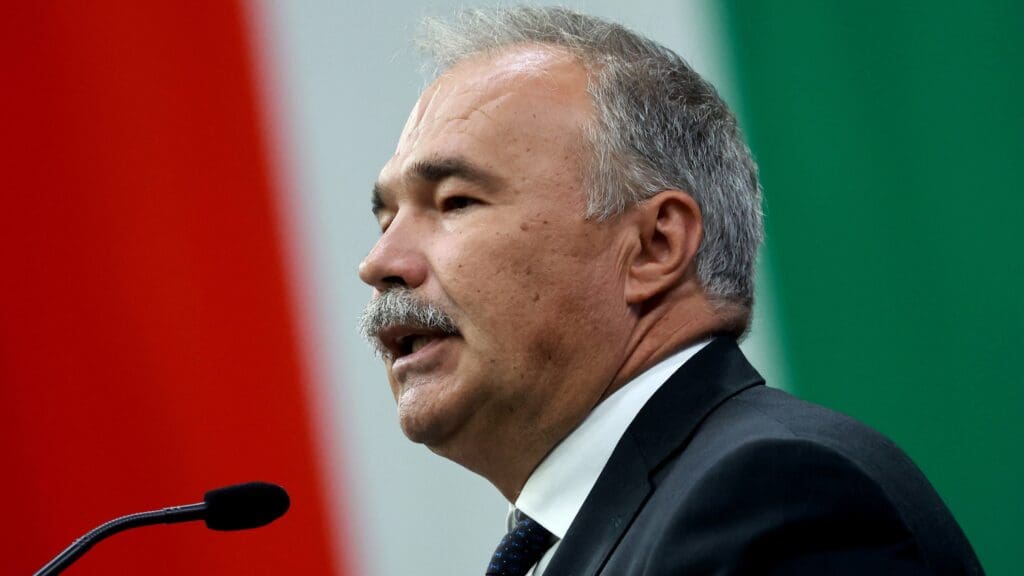
After meeting with his Bulgarian, Slovak and Romanian counterparts to coordinate their joint stance on the extension of the ban on Ukrainian grain imports, István Nagy stated in a video that Hungarian farmers can count on the government to defend their interests.

The recent article by Máté Sibrányi and Gábor Virágos in the Kommentár magazine outlines the importance of preserving our architectural heritage, and charting more of our church ruins. According to the authors, these ruins are part of our Christian heritage, and therefore deserve more attention.

It is evident that the 2024 field of candidates is double-edged. While it is incredibly crowded and diverse, it is dominated by Biden and Trump.
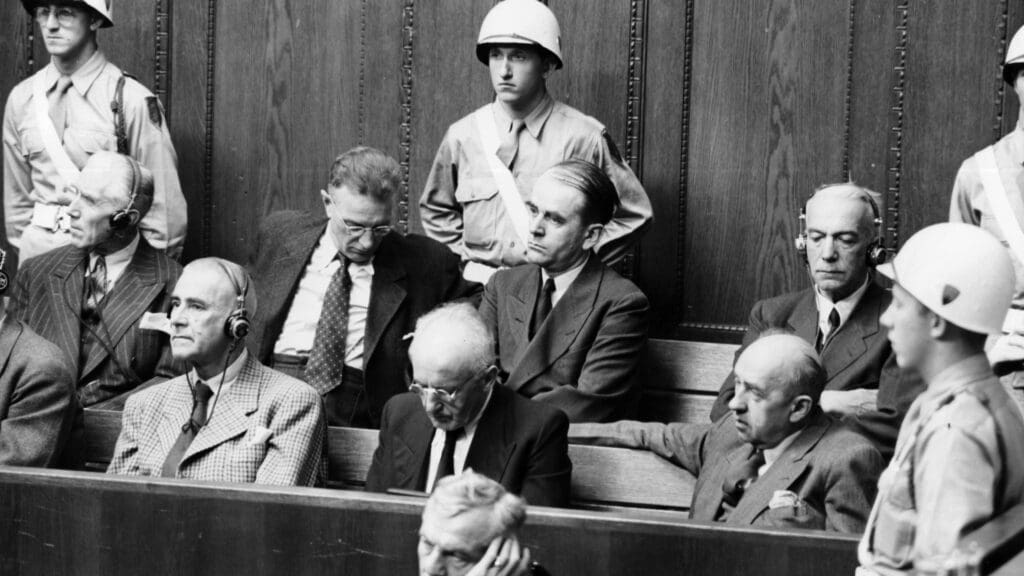
While resistance to Hitler and Nazism is widely researched and celebrated, those who opposed National Socialism from the right are often forgotten. Zoltán Pető therefore attempts to shed light on a lesser-known chapter of anti-Nazi resistance.
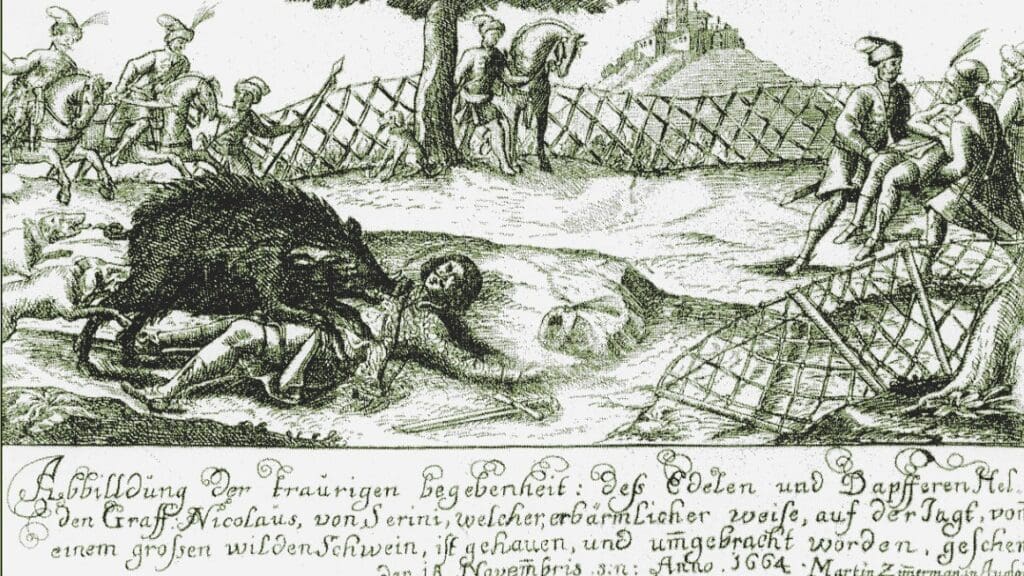
This Saturday marks the anniversary of the death of Prince Emeric, the first Hungarian heir to the throne, who died at a tragically young age. His death during a hunting accident gave rise to conspiracy theories about his assassination and turned the wild boar into an unusual political actor and symbol in Hungarian history.
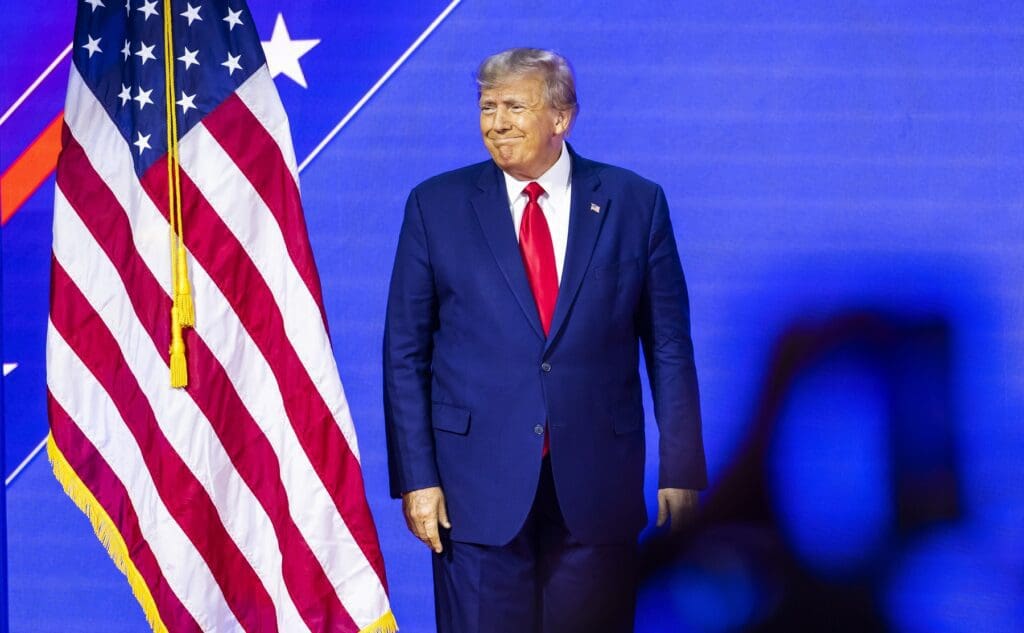
The United States of America will elect its president next year. While most Republican voters apparently support the return of Donald Trump, there is a huge and diverse field of candidates fighting for the chance to challenge Democratic incumbent Joe Biden.
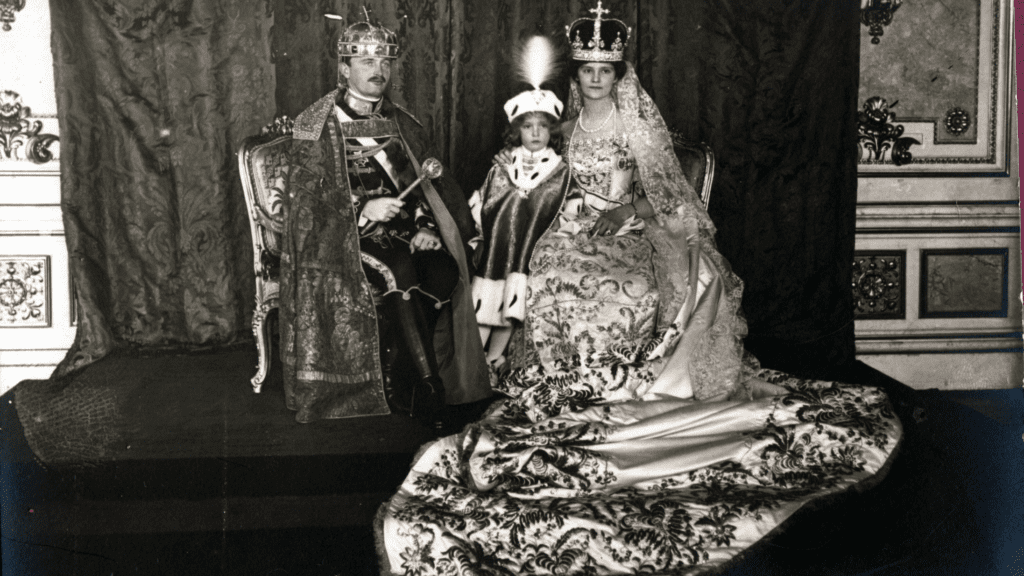
The coronation ceremony of the Kings of Hungary was a highly formalised and strict ritual, which conferred sovereignty onto them via the Holy Crown. It represented the bond between king and nation, and the monarch’s duty to uphold the laws, customs, and liberties of Hungary.
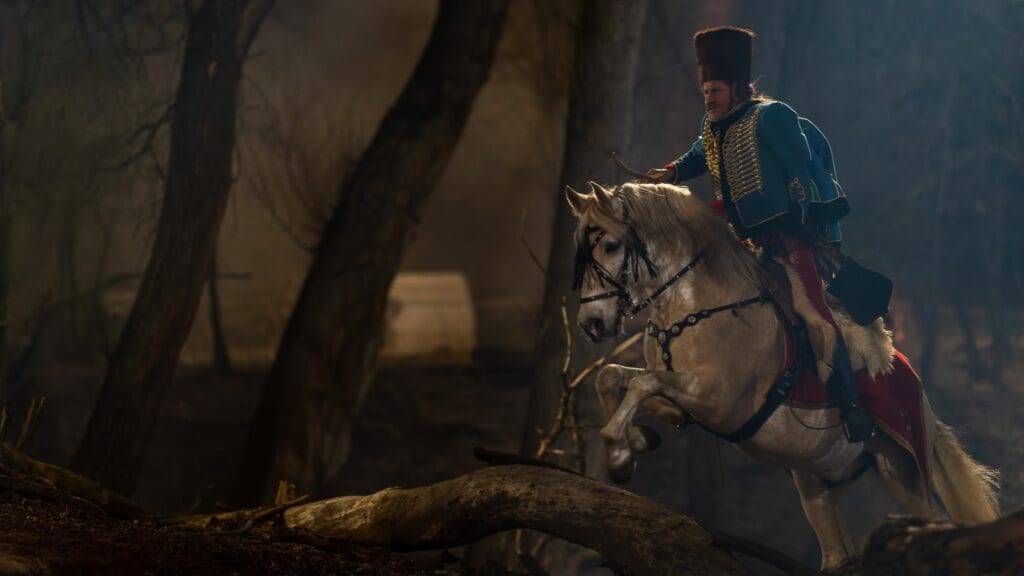
Hungarian cinemagoers have been craving enjoyable historical films for a long time. Finally, Hadik arrived, which, although not faultless, is a great example of the genre well done.

This Saturday marks the 34th anniversary of the Pan-European Picnic, when East German refugees, attempting to defect to West Germany, were allowed to enter Austria by the Hungarian authorities. The Picnic is also a symbol of a borderless, free, united and Christian Europe.
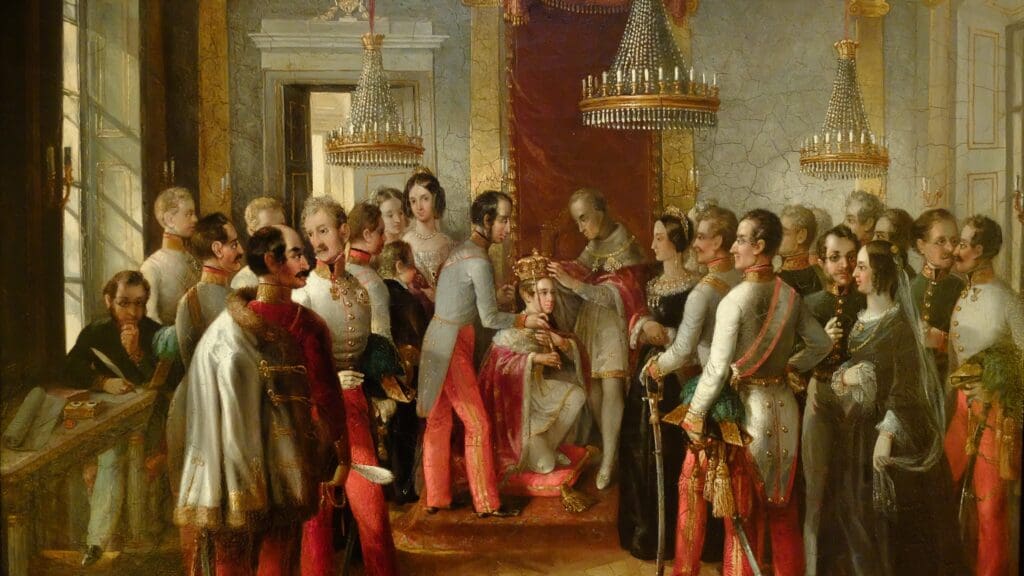
Francis Joseph, King of Hungary and Emperor of Austria, was born on 18 of August in 1830. He left a complex legacy, but, at least in Hungary, he is mostly remembered as a benevolent fatherly figure.
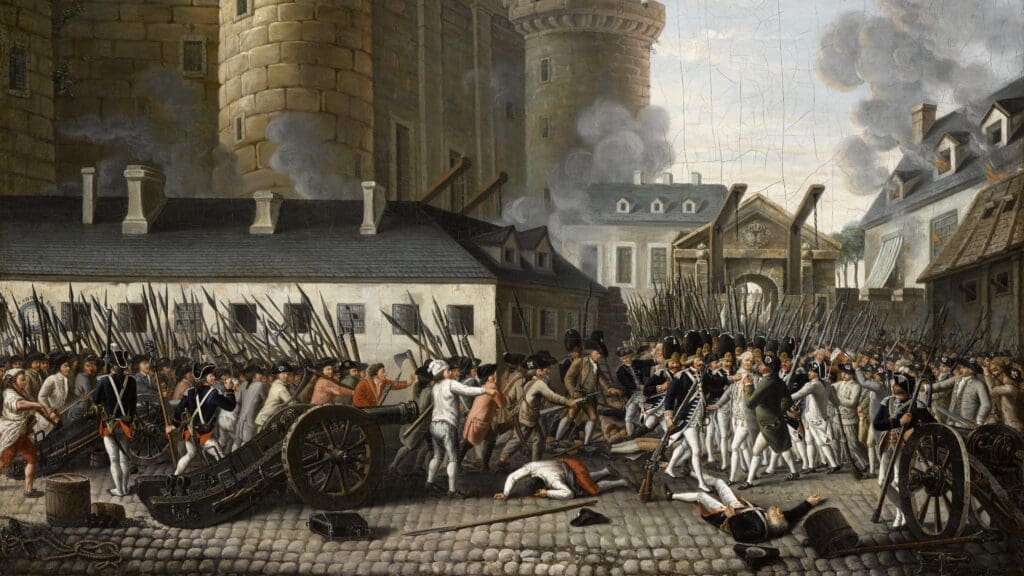
The first part of this article concerned itself with Burke’s general notions related to democracy. This part explores how he addressed the topic in his pamphlet on the French Revolution.
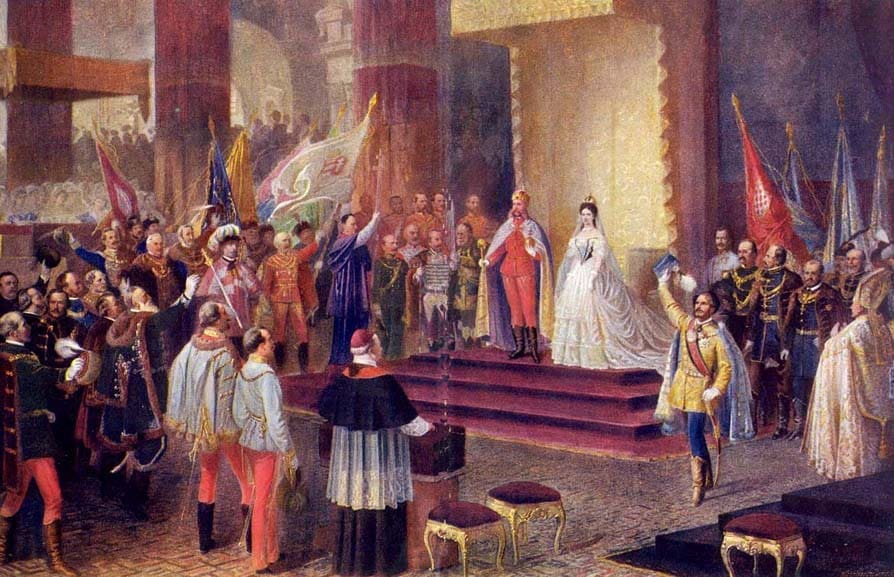
‘The kuruc were never mindless rabble-rousers, just like the labanc were never simply unpatriotic traitors. While the merits and good practices of kuruc and 49ist politicians have been been amply publicised and celebrated, the labanc side was often sidelined, and as a result, their perspectives and values are still missing from contemporary politics. It would be worth devoting more attention to the ideas of the Young Conservatives from the Era of Reform. They understood that while our interests must be unwaveringly represented and fought for, Hungary cannot stand alone in turbulent times.’
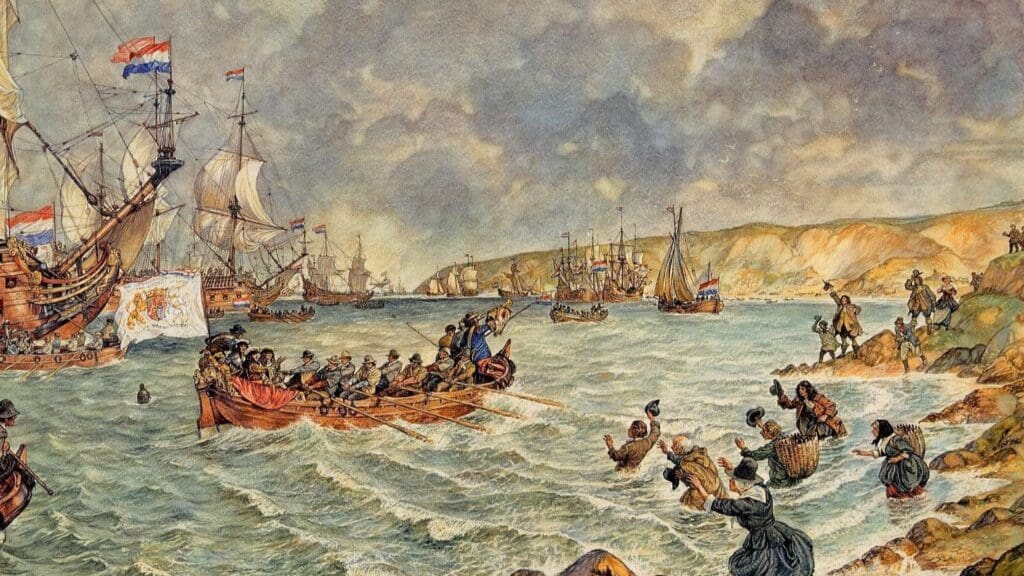
Edmund Burke is widely revered in conservative circles. However, due to the taboos of modern politics, his views on democracy are seldom debated.
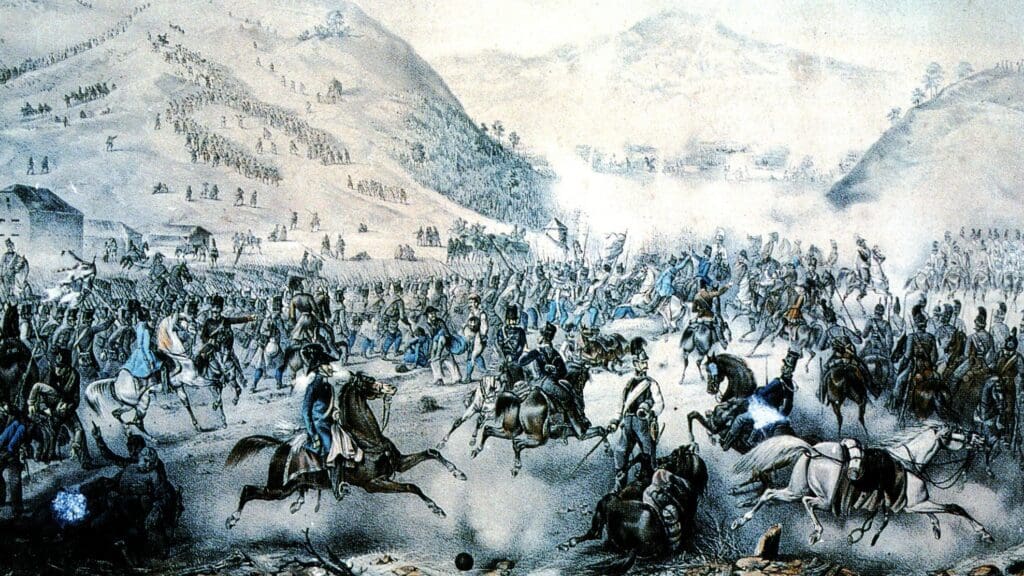
The kuruc-labanc dichotomy did not disappear during the early nineteenth century: it only assumed a different form and became stronger. During the Era of Reform, the kuruc sentiment was wedded to classical liberalism and liberal nationalism.
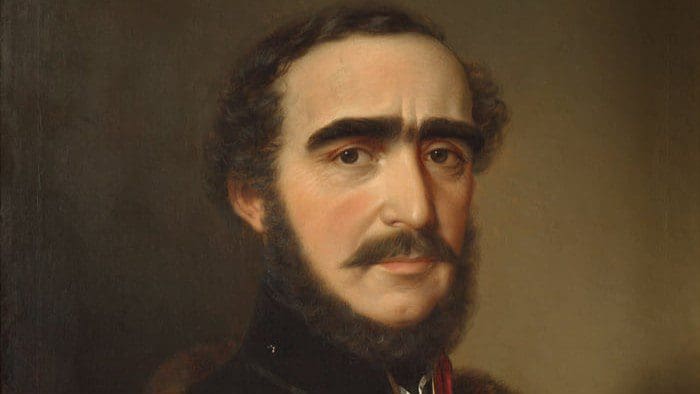
The kuruc-labanc dichotomy was transformed into a Hungarian version of ‘Court and Country party’ during the early modern age. This framework dominated Hungarian politics during most of the epoch, as well as in the nineteenth century.
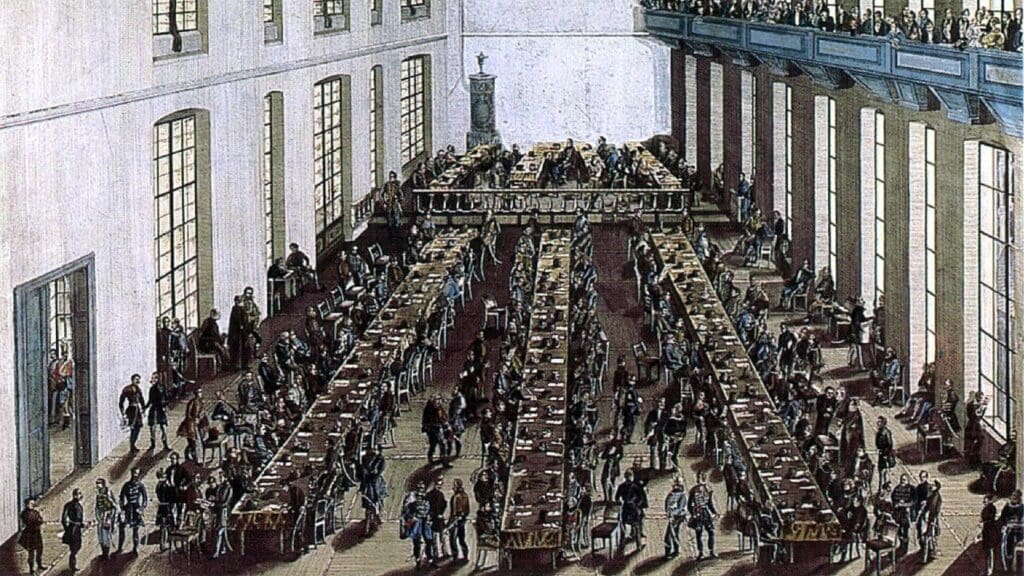
Foreign policy is at the core of every nation’s political life. Accordingly, it was an important part of the debates during Hungary’s Reform Era between the liberal and the conservative forces.
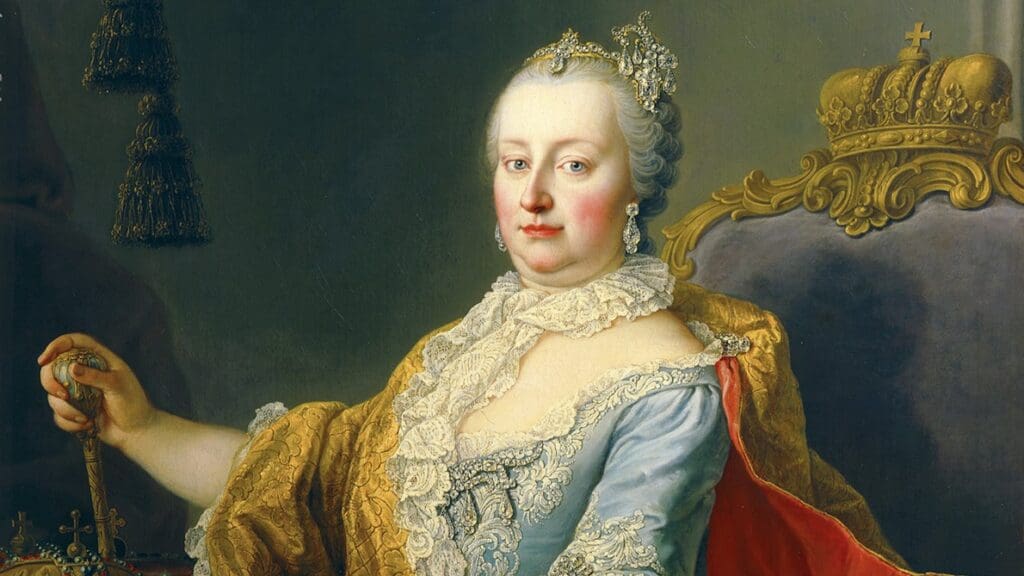
The debates between the Hungarian government and the European Commission often grab the headlines in the international media these years, with the issues of contention between Budapest and the EC usually being co-existence, sovereignty, and shared responsibility. However, there is indeed nothing new under the sun: Hungary had to grapple with such issues under the more than 300 years of Habsburg rule.
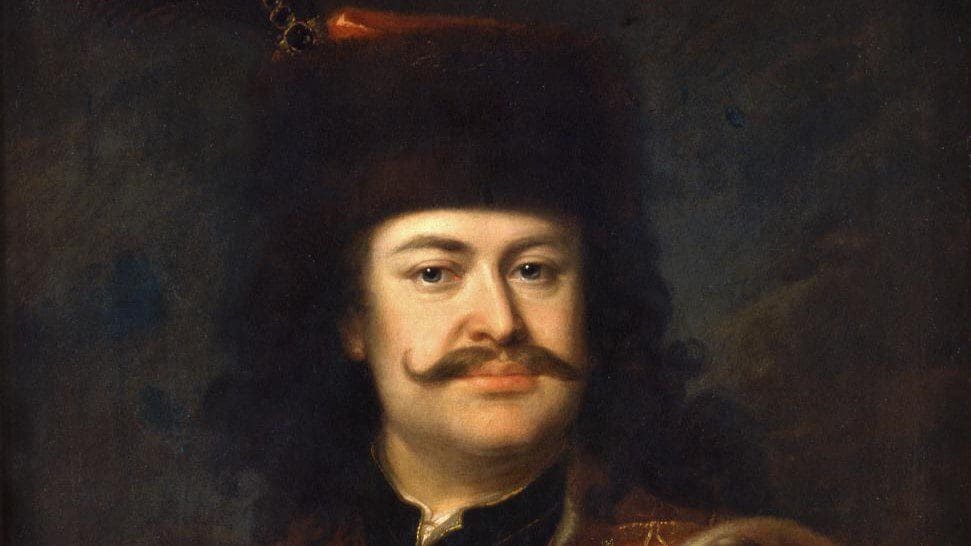
Hungary’s place among the nations, and especially in Europe, is one of the most debated issues in Hungarian political thinking. Analysing the so called ‘kuruc–labanc’ dichotomy helps to better understand the present-day disputes between Brussels and Budapest.
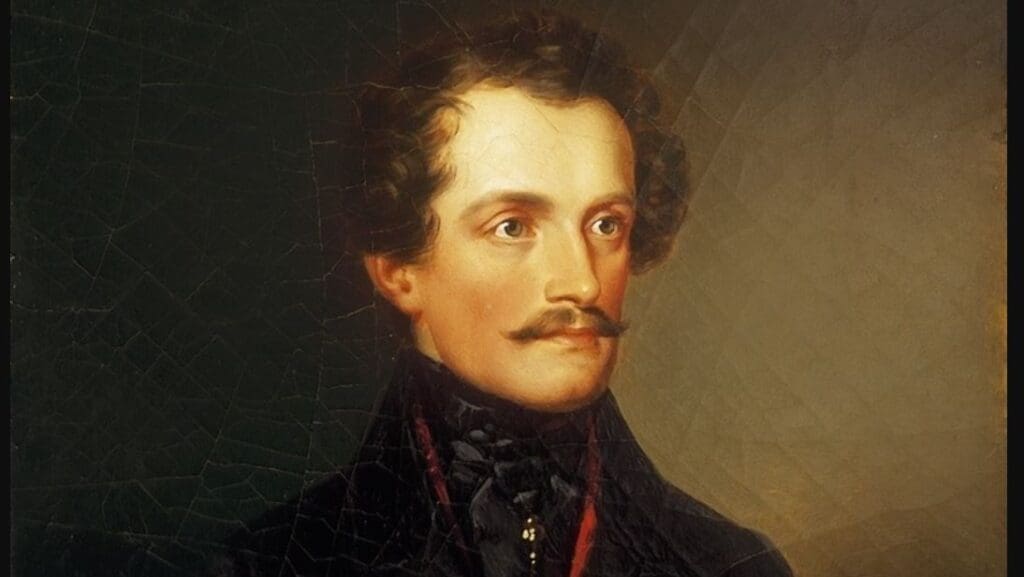
During the last decade, an increasing academic and intellectual effort has emerged to define and redefine Hungarian conservatism. Better understanding 19th-century conservatives is crucial to this process, as these movements are where the roots of Hungarian conservatism lie.
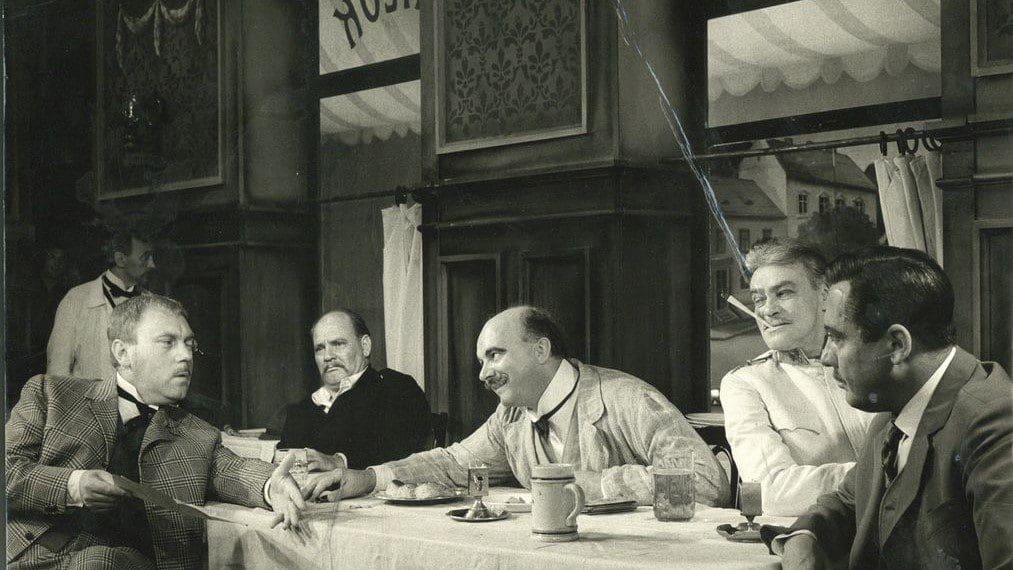
With culture and identity often taking centre stage in politics nowadays, economic issues are also increasingly looked at from a cultural point of view. In order to gain a better understanding of present-day social clashes, it is important to examine social changes in the past and their cultural fingerprint, including how literature later reflected on the painful transition to capitalism.

The fate of a sum of 13.2 billion EUR is at stake in the political and legal debate between the European Commission and the government of Hungary. Parts of the regular EU cohesion and post-COVID recovery funds are being withheld, as the Commission has issues with the state of the rule of law in Hungary. The new law, to enter into force on 1 July, aims to resolve the deadlock.

Hungarian Conservative is a quarterly magazine on contemporary political, philosophical and cultural issues from a conservative perspective.